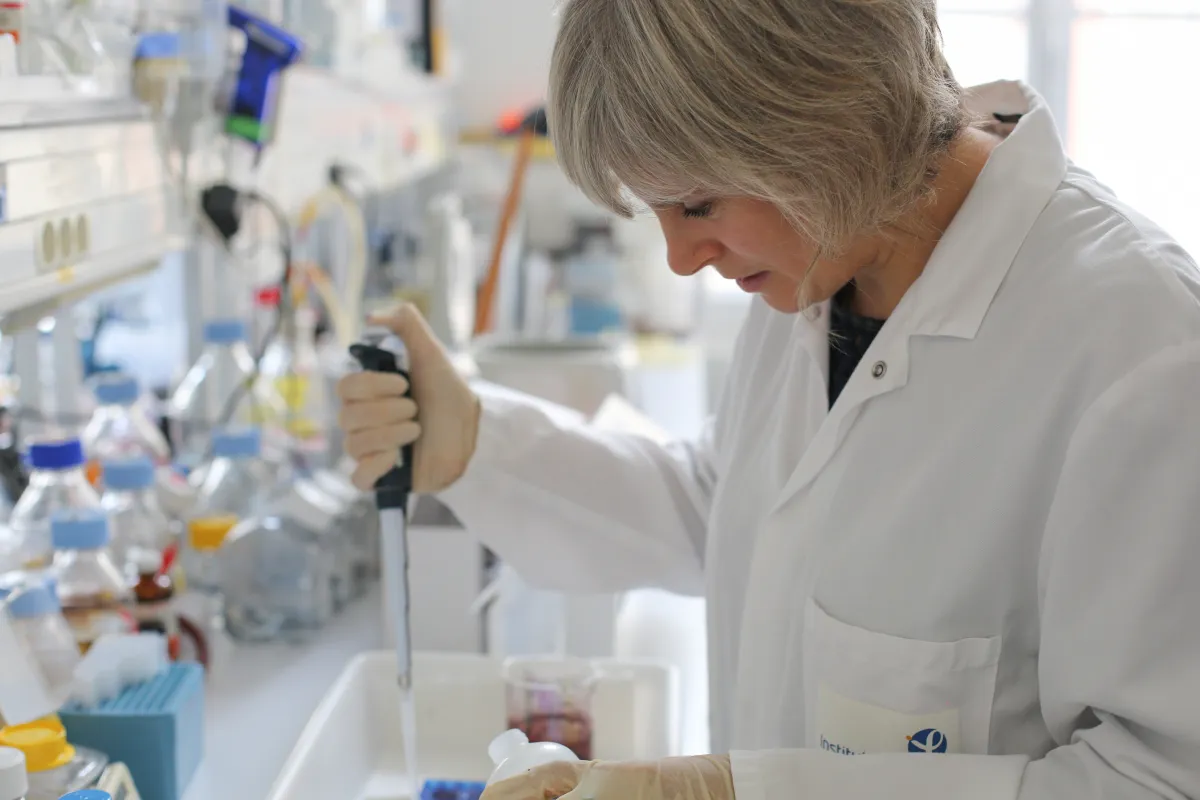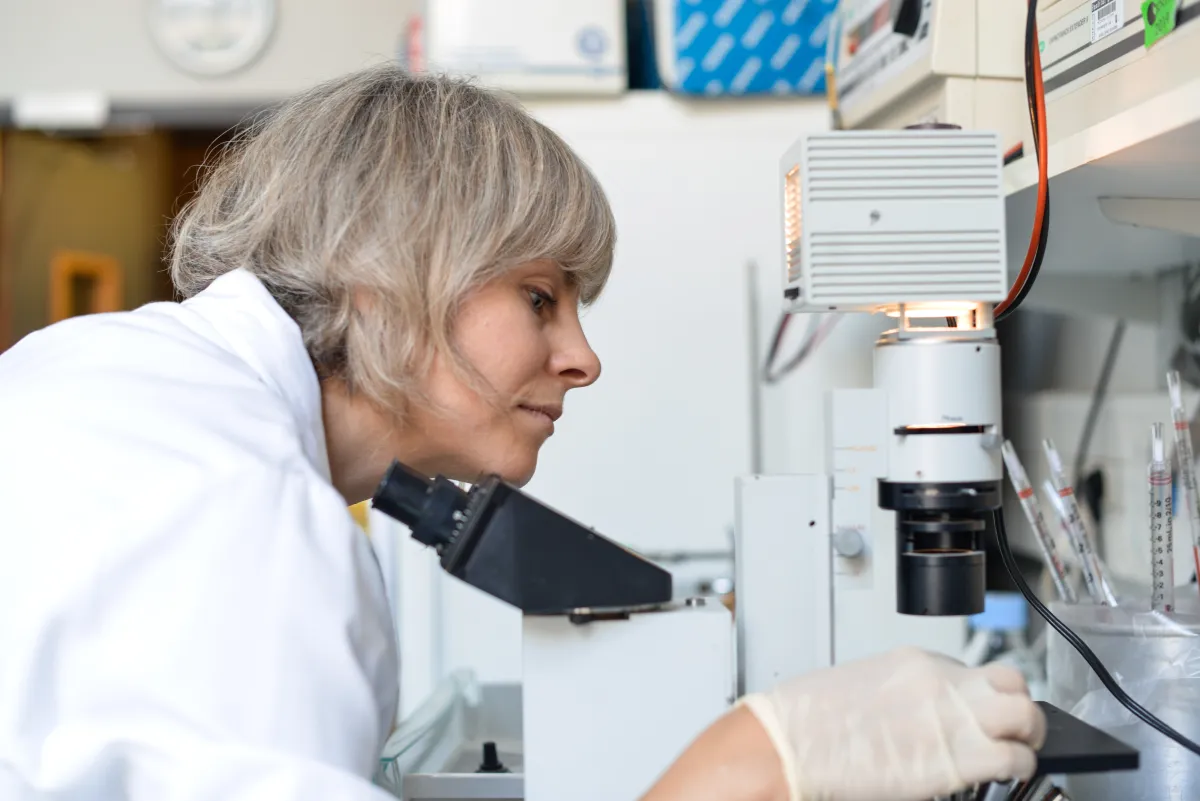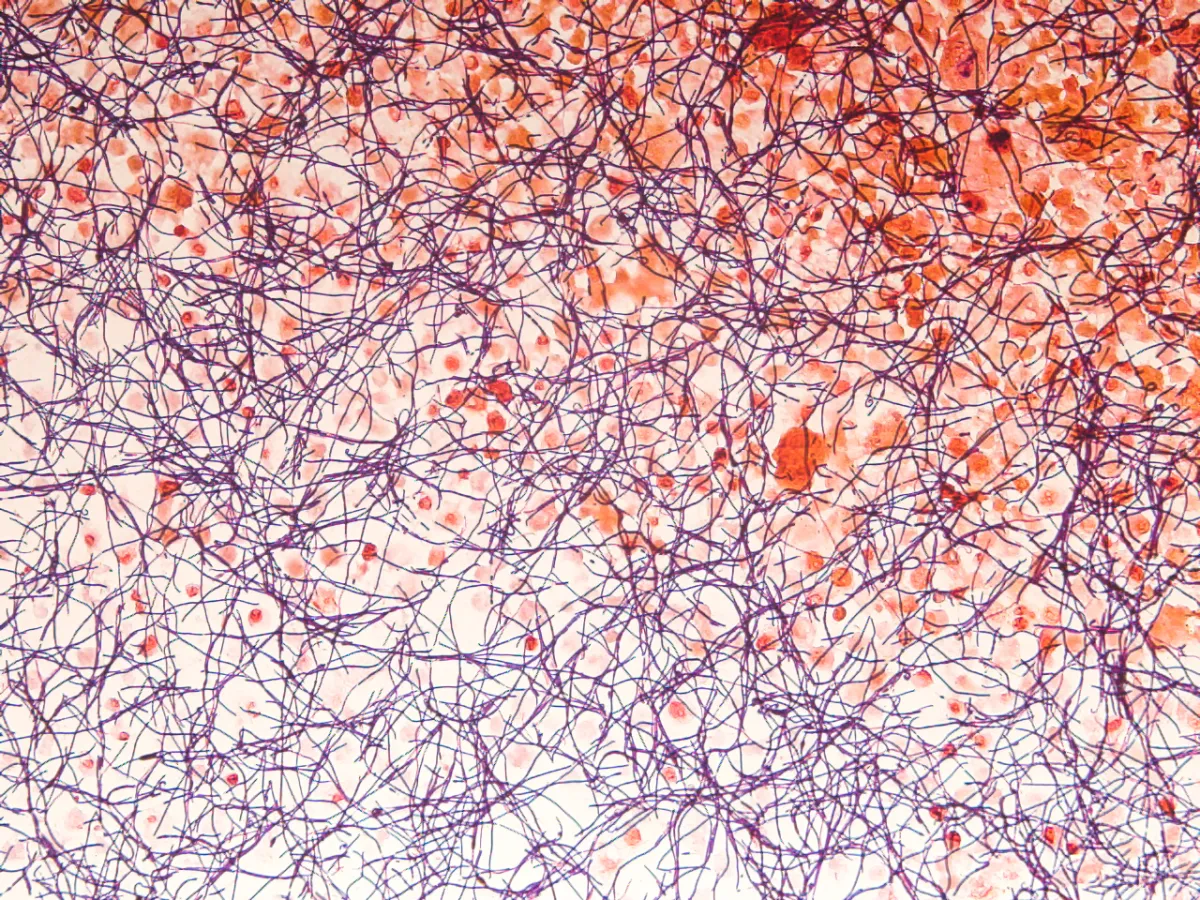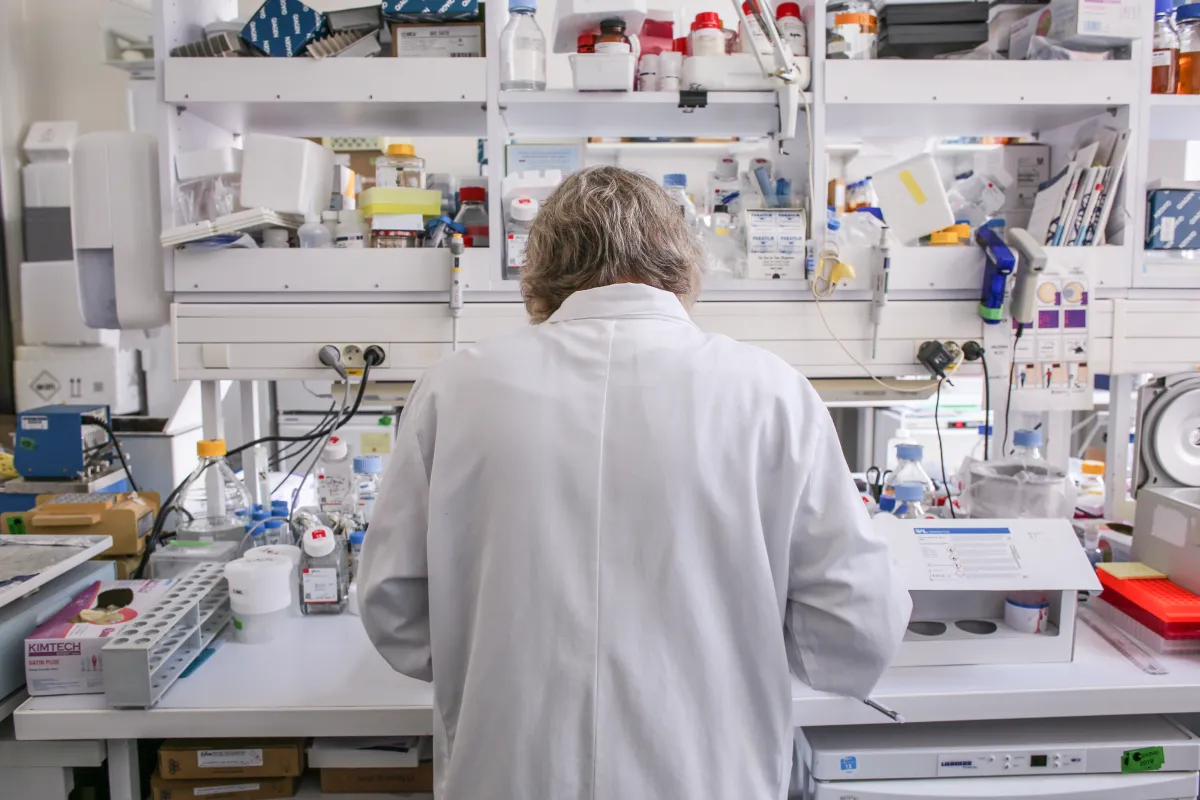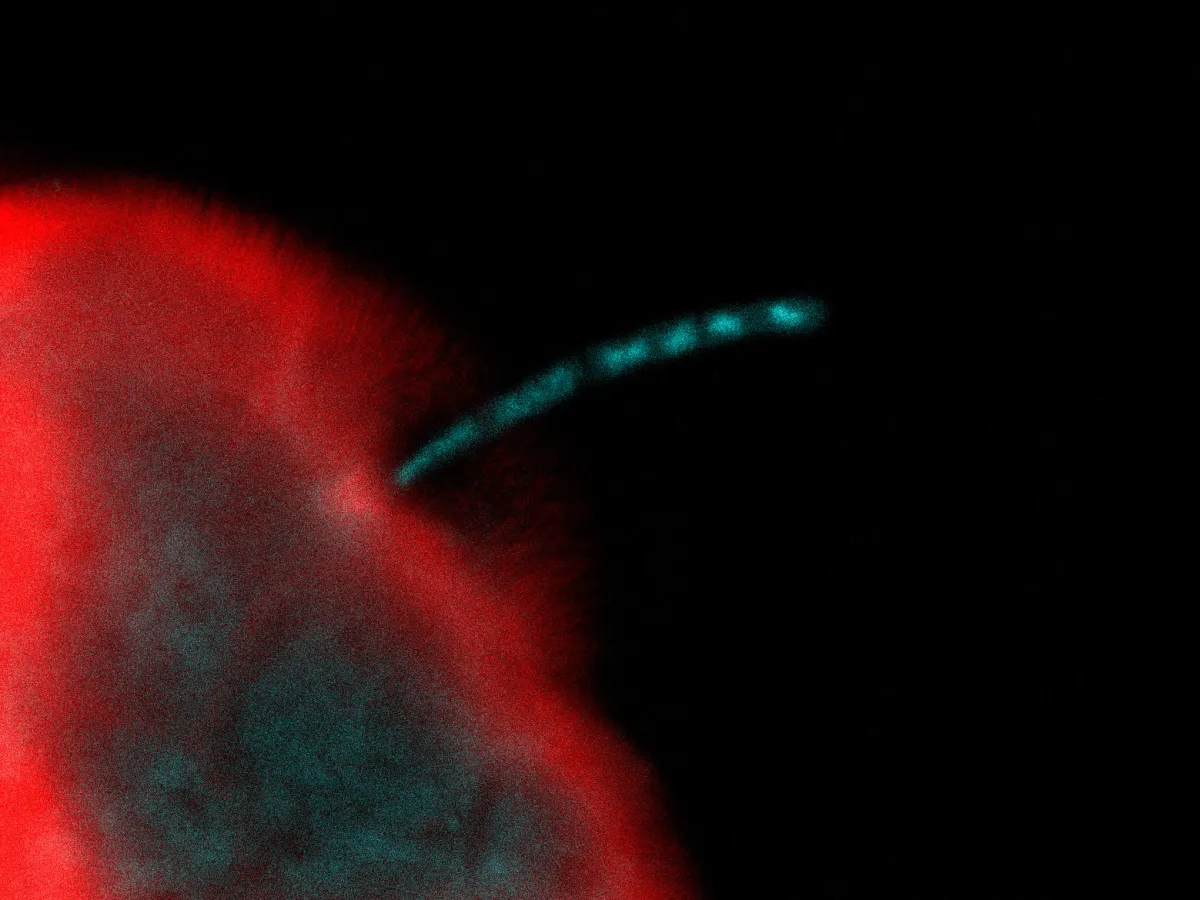Pamela Schnupf Understanding the role of segmented filamentous bacteria in gut immunity
Pamela Schnupf, INSERM Research fellow, team leader at the Institut Necker-Enfants Malades, Paris
- 2019 • Bettencourt Prize Coups d'Élan pour la recherche française

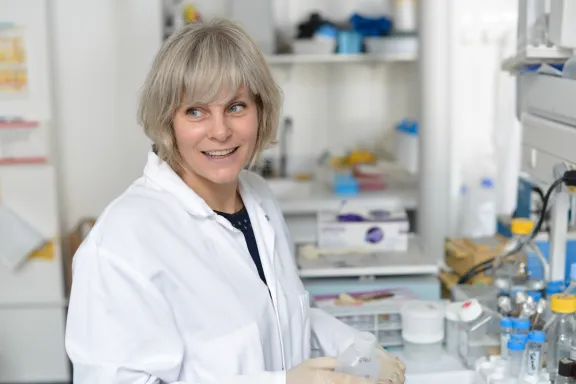

The 2019 Bettencourt Prize to Boost French Research was awarded to microbiology researcher Pamela Schnupf for her work on segmented filamentous bacteria.
Bacteria at the service of the immune system
"I’m interested in the relationship between a certain gut bacterium, called segmented filamentous bacteria (SFB), and the immune system in humans. I’m studying the unique characteristics of this bacterium, which is involved in both keeping people healthy and making them sick. My work will provide a better understanding of the life cycle of FBS.”
Gut bacteria play a key role in the development of the intestinal immune system after birth. SFBs stick to the small intestine’s epithelium and trigger the release of a signal that educates the immune system and protects the host from pathogens. Pamela Schnupf recently set up the first in vitro system to grow and purify FBS under controlled conditions. She is now studying human FBS and their structure, function and interaction with the host. She is working on identifying signaling molecules produced in the presence of FBS and their role in gut immunity.
The foundation’s support
In 2019, Dr. Schnupf and her new team moved to the Necker-Sick Children’s Institute in the Paris Descartes medical school’s new building. The Bettencourt Prize to Boost French Research will allow her to finish equipping her laboratory with, for example, a workstation in hypoxic conditions, which is necessary to grow SFB.
Bettencourt Prize Coups d'Élan pour la recherche française
The Bettencourt Prize Coups d'Élan pour la recherche française was created by the Foundation in 2000. It has rewarded 78 French laboratories and more than 900 researchers have benefited from this prize. Until 2021, this prize was awarded each year to four research teams, from Inserm and the CNRS Institute of Biological Sciences. The amount of the prize endowment was 250,000 euros per laboratory.
All the award-winners